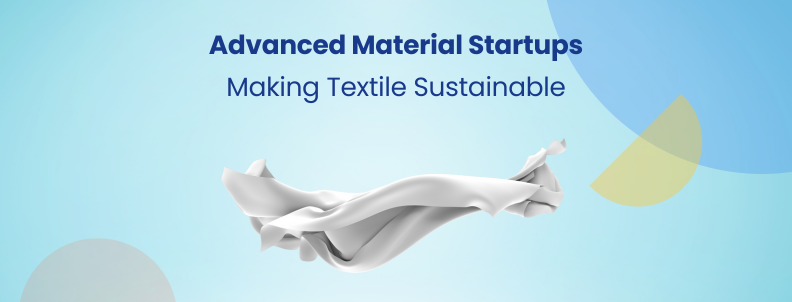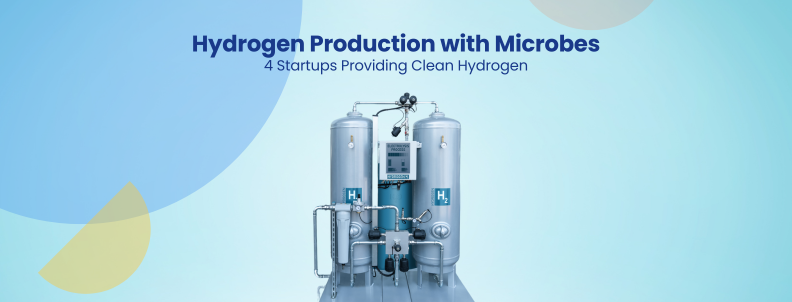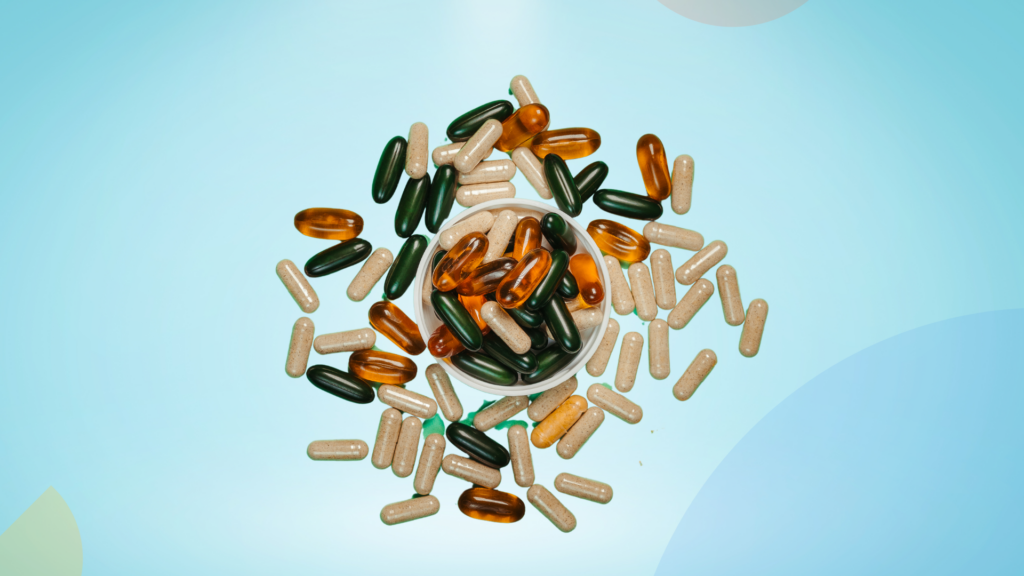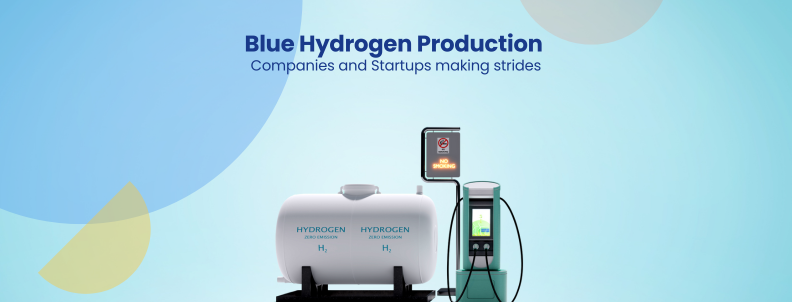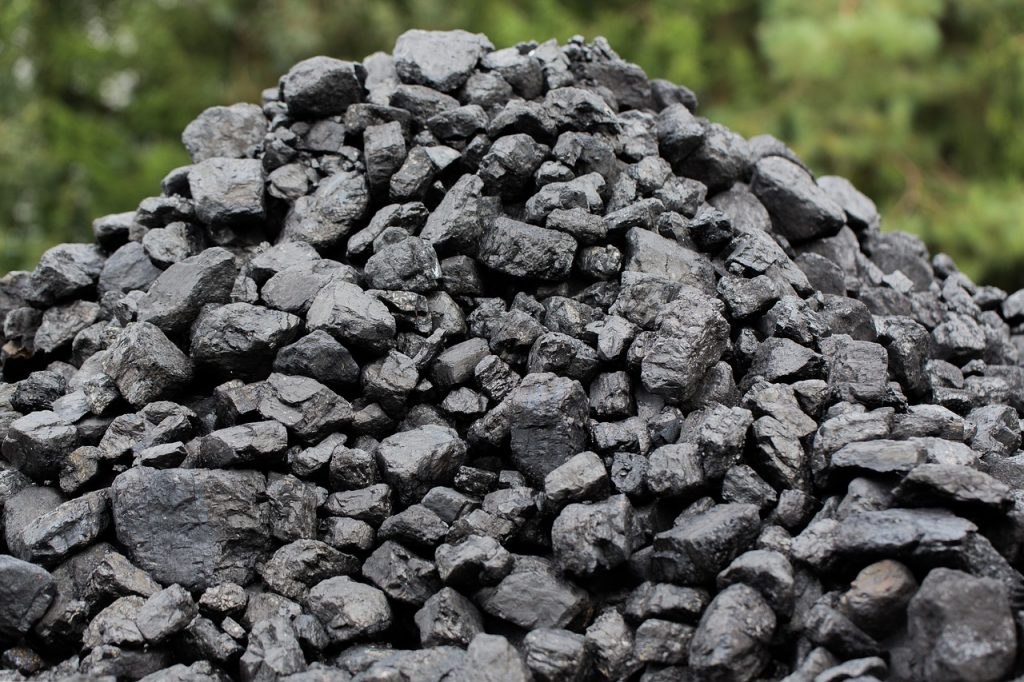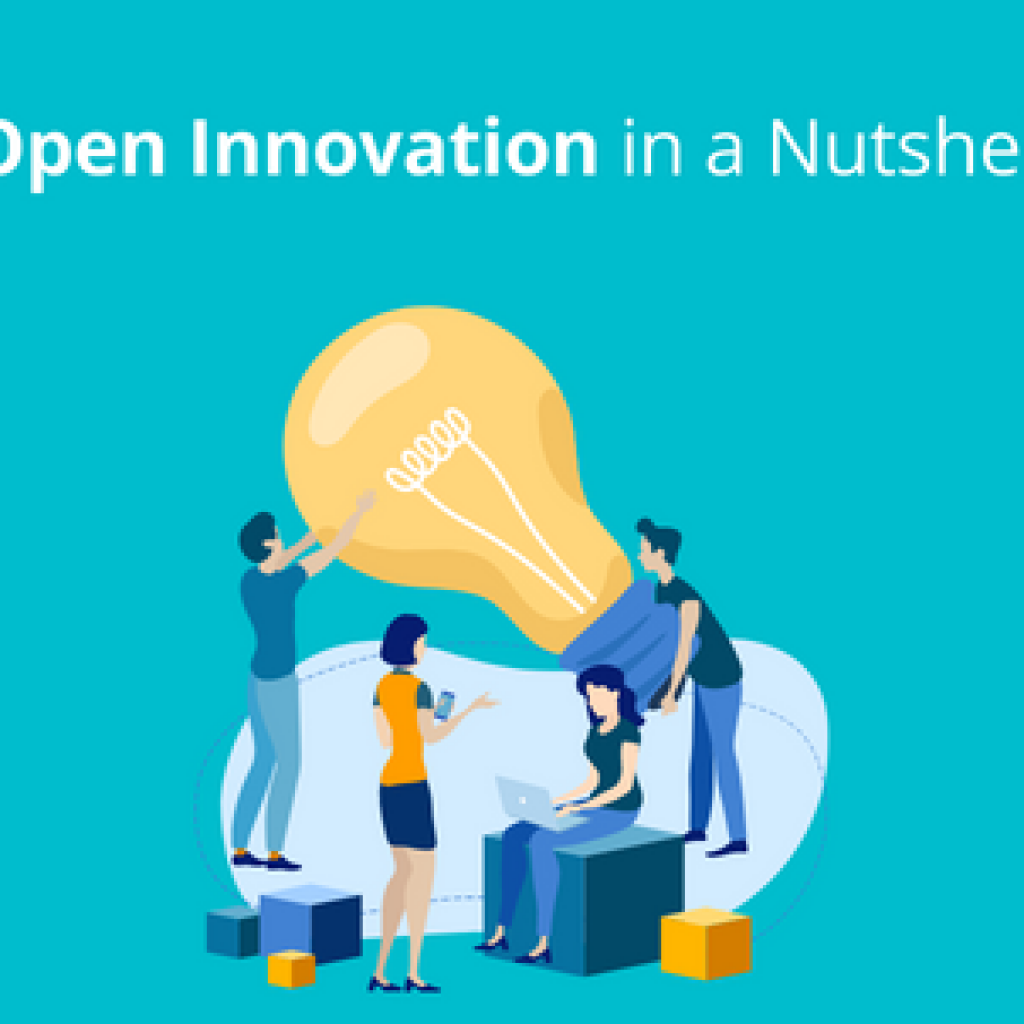The textile industry has long relied on natural fibers like cotton and wool and synthetic fibers like polyester and nylon. These materials are available and cost-effective but have challenges.
Natural fibers often demand intensive water and pesticide use, while synthetic fibers contribute to microplastic pollution and are derived from non-renewable petroleum sources.
Moreover, these fibers fail to meet the functional requirements of modern applications, such as high durability, moisture management, and environmental sustainability.
Some advanced materials offer solutions to these textile industry challenges with enhanced functional properties and less environmental concerns. These materials include biopolymers, nanofibers, and recycled fibers, which can provide improved performance, enhanced strength, water repellency, breathability, and reduced environmental impact.
With these advanced materials, the textile industry can meet the growing demand for sustainable, high-performance textiles.
This article explores five growth-stage advanced textile material startups that are leading the transformation of the textile industry through the development and implementation of advanced materials. These startups have the potential to grow rapidly, are in a good market position, or can introduce game-changing technology to the market in the next 2-3 years.
This makes them a great option to partner, collaborate, or acquire.
Want to know what’s new and which Trends are reshaping the textile industry?
Fill out the form below to get your copy of the textile industry trend report:
1. Arda Biomaterials New Grain Replacing Traditional Harmful Leather
| Founding Year | 2022 |
| Headquarters | Southwark, United Kingdom |
| Total Funding Amount | £1.1 Million |
| Last Funding Round/Amount | Pre-Seed/£1.1 Million |
| Website | https://www.arda.bio/ |
Traditional leather production methods have environmental and ethical issues associated with them. These resource-intensive methods often involve harmful chemicals, animals, and plastic. The problem also extends to the wasteful disposal of by-products from industries like brewing, which can contribute to environmental pollution and waste.
To address these issues, Arda Biomaterials has developed a novel material named New Grain™, derived from brewers’ spent grain (BSG), a by-product of the beer brewing process.
This material offers an animal and plastic-free alternative to leather, aiming to reduce the environmental footprint associated with traditional leather and synthetic materials.

New Grain™ is 100% plastic-free with high biodegradability and minimum microplastic pollution.
Brett Cotten is the CEO and co-founder of this startup. He has an MPhil in Biotech enterprises from the University of Cambridge and is the author of the book Gene-trepreneur.
Arda Biomaterials raised its latest funding of £1.1 million in a Pre-Seed round on June 12, 2023. Clean Growth Fund led this round, which also had three other investors.
2. Iltema Heating Fabric Saving Energy in Industrial Processes
| Founding Year | 2016 |
| Headquarters | Izmir, Turkey |
| Total Funding Amount | Undisclosed |
| Last Funding Round/Amount | Undisclosed |
| Website | https://iltema.com.tr/ |
Industrial sectors consume a significant amount of energy for heating purposes. The challenge lies in optimizing energy use to ensure sustainability and cost-effectiveness while meeting the extensive heating requirements of various industries. This scenario is compounded by the depletion of traditional energy resources and the global shift towards more sustainable energy solutions.
Iltema has developed innovative heating fabrics utilizing advanced technical textiles to address these challenges. The startup created heating fabrics by integrating conductive fibers coated with a proprietary polymeric solution, a process that the company has patented.

These heating fabrics are designed for industrial settings, offering a new generation of technology for efficient heating solutions. Iltema’s products include adjustable temperatures and sizes, making them versatile for different industrial applications.
Ayhan Prepol is the co-founder and manager of this startup. He has 24+ years of industry experience in sales and managerial roles.
With over two decades of diverse experience, Ayhan started in sales and marketing in the insurance sector. He managed family business operations and took a managerial role at Aras Cargo.
Ayhan contributed to product development and sales in technological R&D at Ayçe Engineering and later headed R&D at Nanosan Ltd.
Intrigued by these innovative startups?
Subscribe for more information on advanced materials and textile industry startups solving the core challenges.

3. Mars Materials Capturing Carbon to Produce Carbon Fibre Acrylonitrile
| Founding Year | 2019 |
| Headquarters | Texas, United States |
| Total Funding Amount | $660K |
| Last Funding Round/Amount | Pre-seed/$660K |
| Website | https://www.marsmaterials.tech/ |
Various industrial processes release carbon dioxide (CO₂) into the atmosphere, contributing to environmental pollution and the greenhouse effect. These carbon emissions are one major reason behind global warming and climate change.
Mars Materials is focused on capturing and utilizing these carbon emissions. The startup has developed a technology to convert captured CO₂ into acrylonitrile (ACN), a precursor for carbon fiber production.
This process reduces the reliance on fossil fuels for carbon fiber production and turns carbon emissions into valuable materials. Mars Materials’ technology enables the production of carbon fibers and wastewater treatment chemicals by using captured CO₂, thus offering a sustainable alternative to traditional carbon fiber production methods.
Compared to current carbon fiber manufacturing processes, the technology reduces production costs and emissions.
Aaron Fitzgerald leads this startup with his experience as a co-founder, CEO, and Principal of other startups. He holds a BA in International Business from Rhodes University.
Mars Materials raised $660K in its latest Pre-Seed round on October 26, 2022. Untapped Capital was the lead investor in this round.
Related Read: Polyester Textile Recycling for Sustainability!
4. Adept Materials Two Layer Technology Making Temperature and Humidity Controlled Fabrics
| Founding Year | 2018 |
| Headquarters | Somerville, Massachusetts, US |
| Total Funding Amount | Undisclosed |
| Last Funding Round/Amount | Venture – Series Unknown |
| Website | https://www.adeptmaterials.com/ |
Moisture damage in construction and other sectors leads to substantial financial losses and health risks. Traditional moisture management materials often have environmentally harmful production processes and have limited lifespans.
To combat these challenges, Adept Materials developed a technology featuring a two-layer system that enables directional vapor control, humidity regulation, and temperature management in materials.
This system allows for the passage of water vapor in one direction while blocking it in the other, efficiently managing moisture levels and preventing mold growth in buildings.
Adept Materials’ technology is versatile, seamlessly integrating into coatings, films, construction, apparel, and healthcare, making it a reliable solution for many sectors.
Adept Materials’ technology impedes inward vapor diffusion in wet conditions, maintaining the material’s drying potential and ensuring it never reaches the critical mold growth threshold. The technology is at the readiness level (TRL) of the Minimum viable product (TRL 6-7).
Founder Derek Stein has been leading this startup as CEO since its inception. He holds a Ph.D. in Applied Physics from Harvard University and has been a professor at Brown University for the past 17+ years.
The latest round of funding raised by Adept Materials was on Jan 1, 2022.
5. OCEANIUM Making Luxury Materials from Seawood
| Founding Year | 2018 |
| Headquarters | Oban, Argyll and Bute, UK |
| Total Funding Amount | $10.6 Million |
| Last Funding Round/Amount | Venture – Series Unknown/£2.4 Million |
| Website | https://oceanium.world/ |
Traditional agricultural and manufacturing processes, such as the overuse of land, freshwater, and chemicals, contribute to pollution and habitat destruction. There is a global need to find sustainable and nutrient-rich food sources that can help alleviate pressure on terrestrial farming systems.
OCEANIUM has developed proprietary biorefinery technology to process sustainably farmed seaweed into food ingredients, health and wellness bioactives, and materials for luxury packaging and textiles.
The startup product lineup includes OCEAN HEALTH® Functional Superfood Ingredient and OCEAN HEALTH® Protein derived from seaweed. It offers a sustainable alternative to traditional food and material sources.
OCEAN INK® and OCEAN BASE™ represent innovative sustainable material technology by OCEANIUM. OCEAN BASE™ is the foundational ingredient for luxury packaging and textile materials. OCEAN INK®, derived from this base, is the world’s first sustainable and fully biodegradable water-based ink made from sustainably sourced seaweed.
This pioneering product mitigates water pollution by offering an eco-friendly alternative to solvent-based inks. It is used in retail packaging, from boxes to hang tags and labels, and creates promotional materials like flyers, business cards, and posters.
Karen Scofield Seal is the co-founder and CEO of Oceanium. She has experience as a Director, project manager, and relationship manager in different industries. Karen was also the Founder, CEO, and Creative Director of a startup (LUCZA) in the past.
Oceanium announced receiving £2.4 Million as a funding amount on 14 September 2024. Builders Vision led the round with other participants, including the World Wildlife Fund.
Partner with cutting-edge startups to tackle your industry’s toughest challenges and stay on top of the competition.
Learn how we can help you discover similar ventures that perfectly fit your needs.

Authored By: Naveen Kumar, Market Research
Read Next: 5 PFA Alternatives For the Textile Industry

